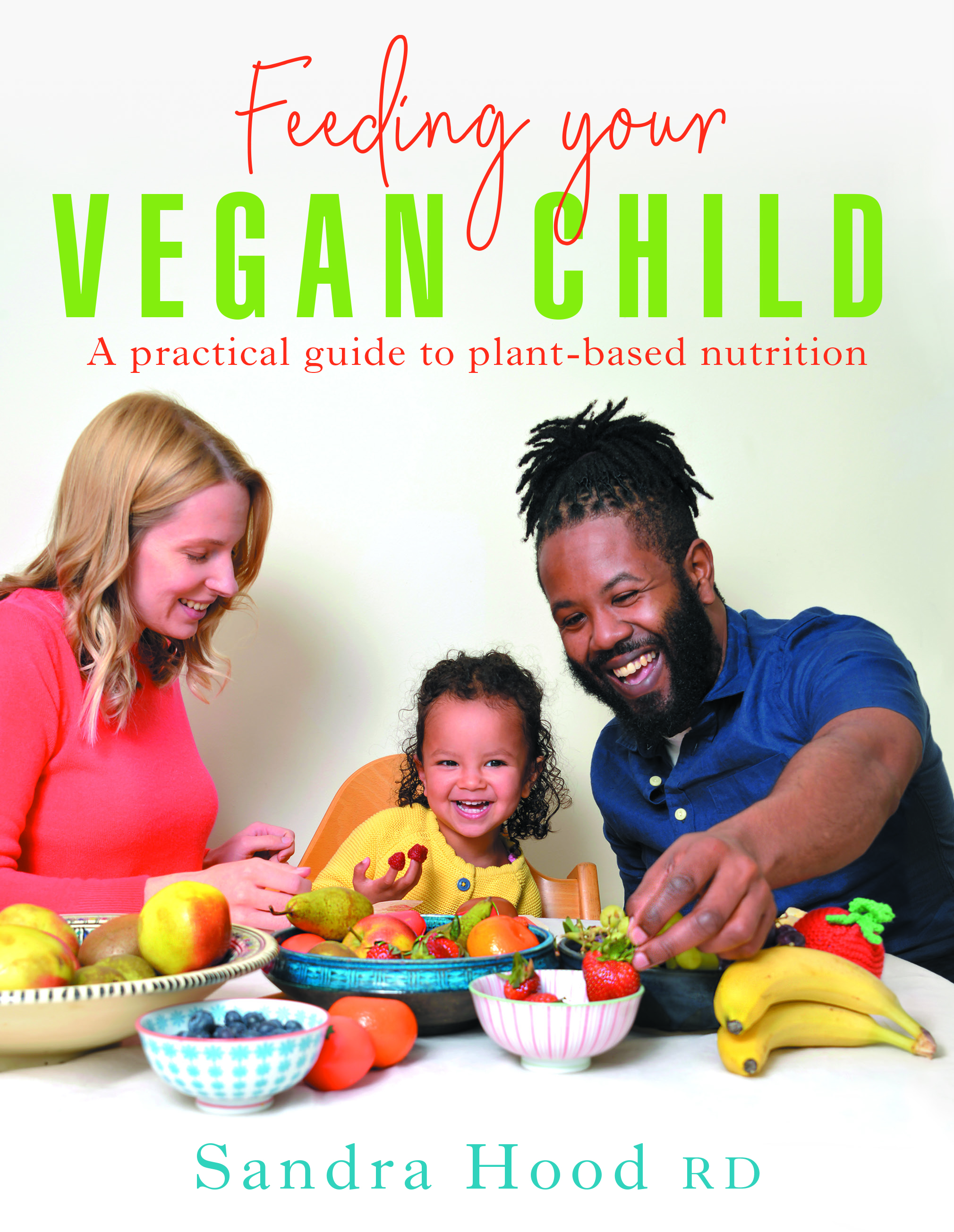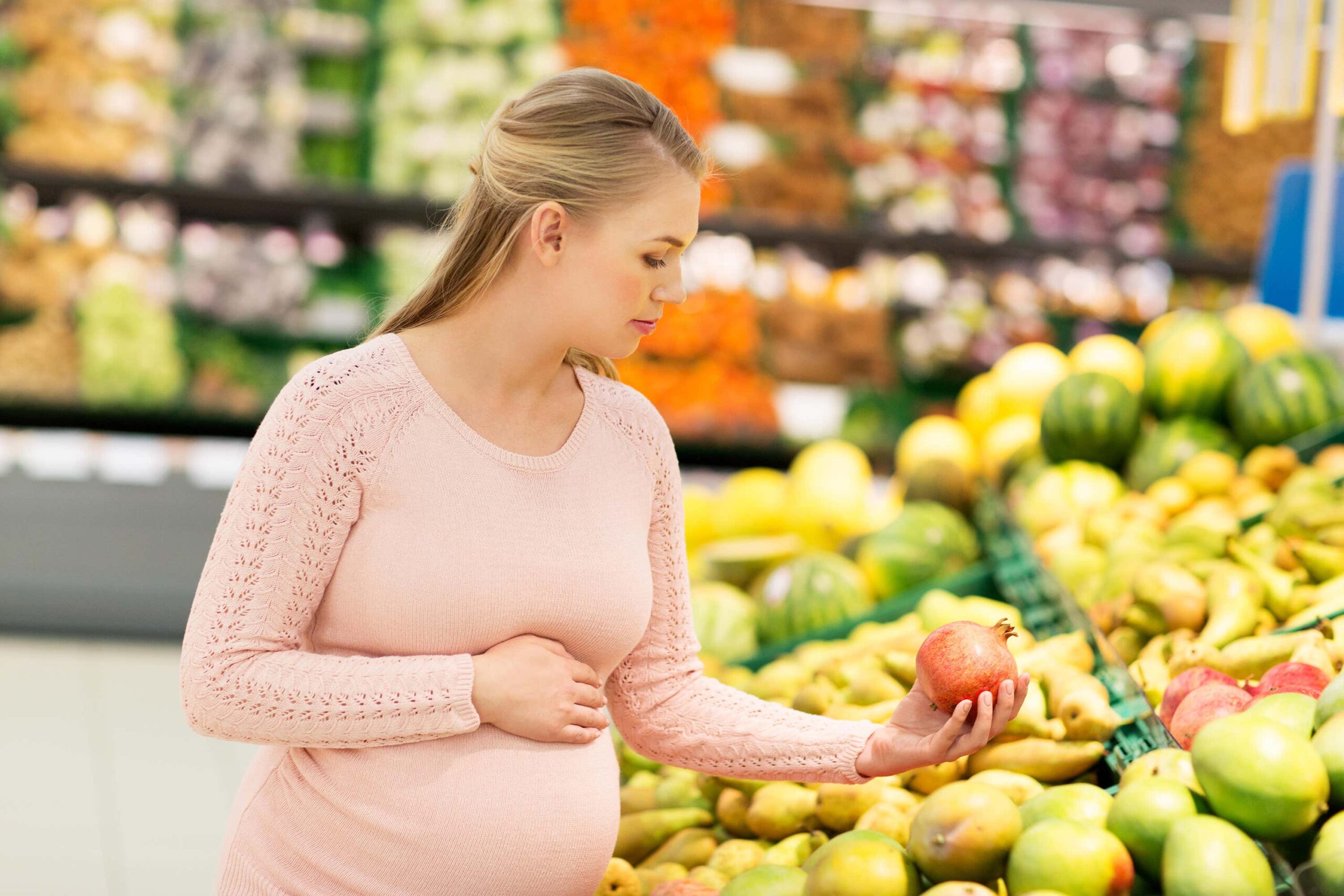I’m vegan and I’ve just found out I’m pregnant. Will me eating only vegan food give my unborn child enough nutrition, and is it safe to only feed my baby vegan food when it’s weaned?
Dietitian Sandra Hood, author of Feeding Your Vegan Child, says: “A well-planned vegan diet can provide all the nutrition needed for every life stage, and this includes from pregnancy through to raising a vegan child. Indeed, such a diet rich in fruits and vegetables, wholegrains, nuts and seeds, has been shown to be protective.
“As with any diet, it’s important it’s balanced and contains a wide-range of plant foods.
Pregnant and breastfeeding women can meet all their nutrient needs on a vegan diet.
There are some nutrients that need particular attention as they aren’t found in plant foods, i.e. vitamin B12 and vitamin D, so need to be provided by supplements or [vegan-friendly] fortified foods [such as cereals and plant milks].
“Vitamin B12 is made by bacteria and omnivores obtain it by eating animal products. For vegans, it can be provided by fortified foods or supplements. Vitamin D is only found in animal products or fortified foods but is usually obtained from sun exposure.
However during different life stages, whether an omnivore, vegetarian or vegan, a supplement is recommended, for example during pregnancy and lactation and for children from six months to five years of age.
“Breastfeeding or formula feed should be the main food for the first six months.
When weaning begins, breastfeeding should continue for as long as desired. Up to one year of age, infants grow and develop very quickly so the focus should be on high energy foods.
Monitoring growth is the best way to ensure energy requirements are being met. Infants should be offered a wide variety of foods and suitable high energy foods include nut butters, avocado and tahini which can be added to dishes or spread on vegetables and breads.
“All the essential fats and proteins come from plant foods, and these requirements can be easily met on a vegan diet. Good protein sources include beans, grains, nuts, seeds and green leafy vegetables. High fat sources include nut and seed butters, avocados, tofu and soya foods. Iron requirements are high during this time and breast milk continues to be a good source, along with fortified cereals, mashed beans and lentils.
“The Department of Health recommends a daily supplement containing vitamins A, C and D for all children from six months until five years of age. In addition vegan children should take a vitamin B12 supplement of at least 1mcg per day starting at six months of age.
“Plant foods provide many protective nutrients including phytochemicals which may reduce many diseases, fibre associated with lower risk of cancer and heart disease, and they are low in saturated fat. Finally, choosing a vegan diet is compassionate, healthy and a sustainable way to live.”

Feeding Your Vegan Child by Sandra Hood Is published by Hammersmith Health Books, priced £14.99. Available now.





